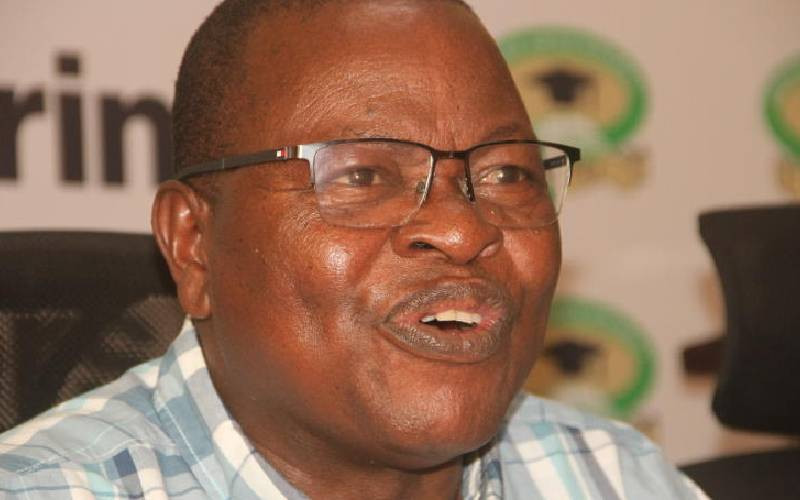×
The Standard e-Paper
Kenya’s Boldest Voice

A teachers' union has made fresh proposals to split junior secondary into two and domicile the learning levels in primary and secondary schools.
Under this plan, the Kenya Union of Post Primary Education Teachers (Kuppet) wants Grade Seven students to remain in primary school, while Grades Eight and Nine move to high school.